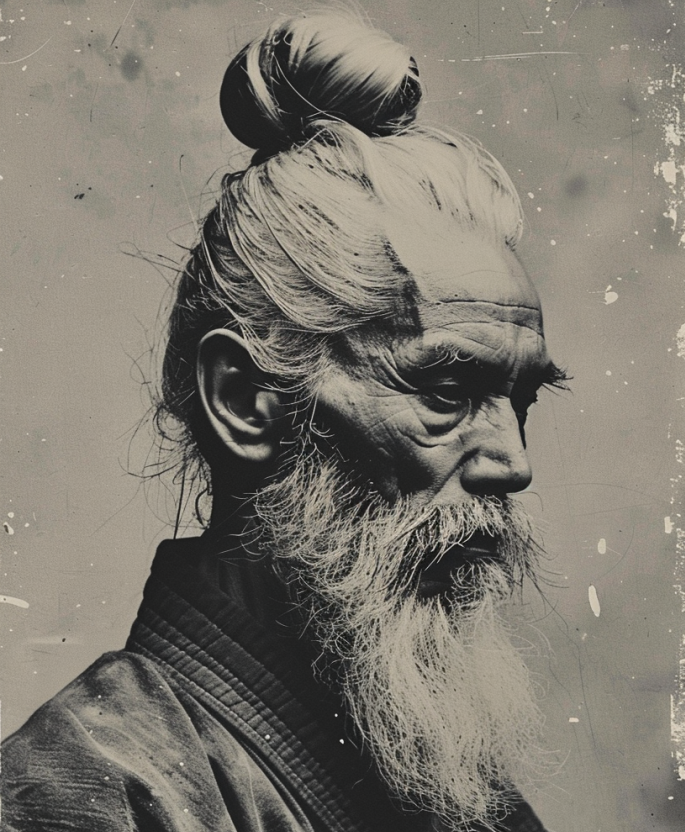Bassai, also known as Passai in Okinawan dialects or Bassai Dai in Japanese, is a traditional kata practiced in various karate styles, including Tang Soo Do. The form’s origins are steeped in the martial arts history of Okinawa and have been attributed to the influential Okinawan martial artist Sokon “Bushi” Matsumura, who lived during the 19th century. Matsumura was a pivotal figure in the development of Okinawan martial arts and served as a bodyguard to Okinawan kings. His experiences and insights significantly shaped the martial techniques that were passed down through generations.
The name “Bassai” translates roughly to “to storm a fortress,” embodying the kata’s spirit and the movements designed to break through defensive lines and overcome adversaries. This theme is central to the form, which includes powerful strikes, penetrating blocks, and dynamic footwork meant to mimic the feeling of breaching defenses.
In the context of Tang Soo Do, Bassai is more than just a series of movements; it is a method of condensing advanced fighting concepts into patterns that can be practiced and perfected. Practicing Bassai teaches several core principles:
- Efficiency and Power: Bassai emphasizes direct, effective techniques that teach practitioners to deliver strikes with maximum efficiency and power, useful in self-defense situations.
- Balance and Stability: The movements require solid stances and transitions that enhance a practitioner’s balance and stability, crucial for executing techniques under pressure.
- Focus and Intensity: The kata demands a high level of focus and intensity, reflecting the serious nature of real combat situations and helping practitioners develop mental resilience.
- Adaptability and Technique: Bassai includes various techniques that require the practitioner to adapt to different ranges and types of engagement, fostering a versatile skill set.
As a martial artist and a Tang Soo Do practitioner, Bassai has been instrumental in shaping my approach to martial arts. It instills not just physical skills but also philosophical insights into overcoming obstacles, embodying the mindset of penetration and overcoming adversity, both in and out of the dojo. This holistic development is essential for martial artists who aspire to not only master their craft but also to carry these lessons into everyday life challenges.






